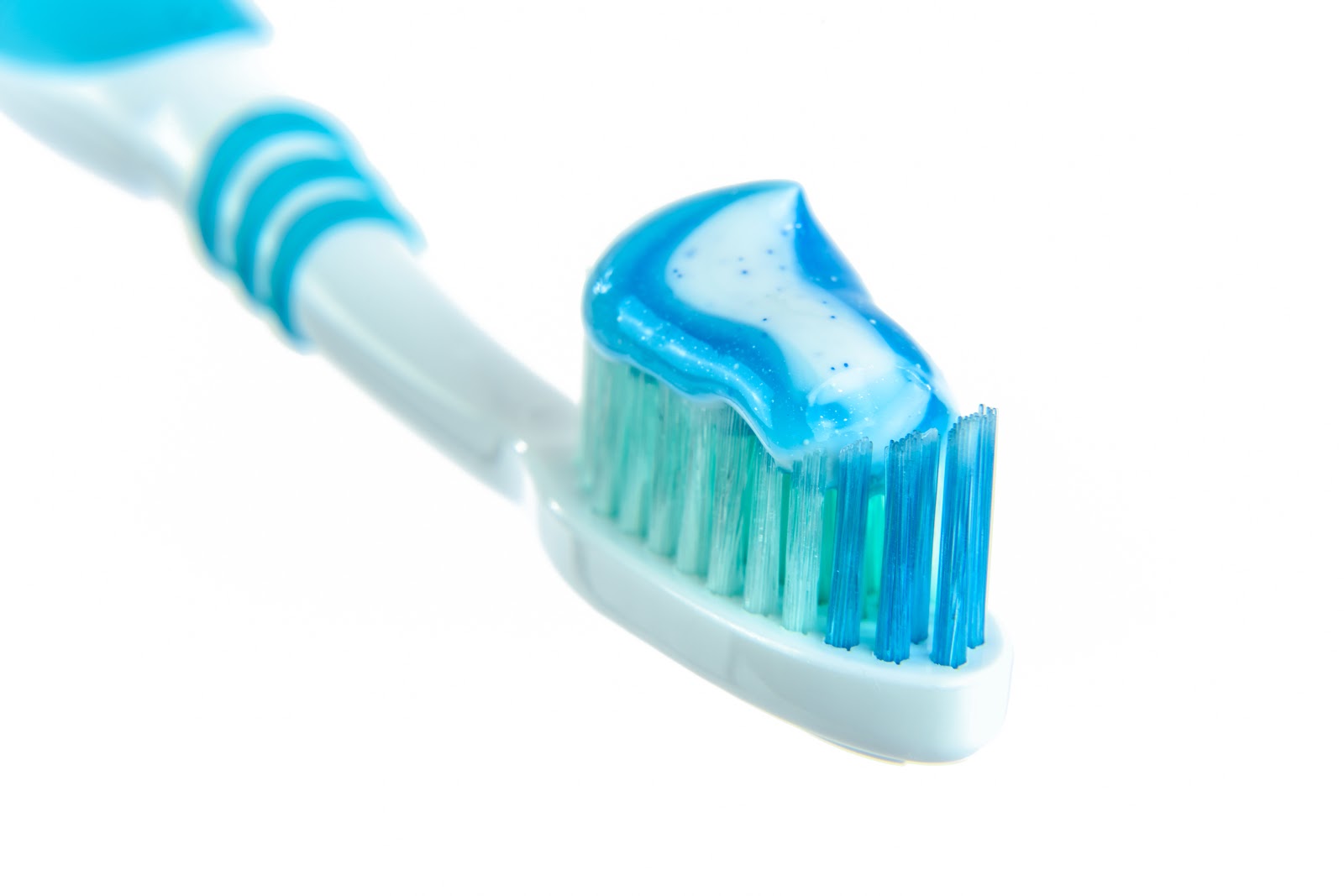Answers To 5 Common Dental Health Questions
As a dentist, nothing makes me happier than knowing my patients are doing their best to care for their dental health. Healthy teeth and gums are so important and can easily be achieved. You just have to take the time to understand how to provide your mouth with top-notch care and why it’s necessary.
To help you on your journey toward a healthier smile, below are 5 of the most common dental health questions I hear from my patients at my Harrisonburg dental practice. Keep reading to learn my answers.
How Often Do I Need To Visit The Dentist?
Plan to visit your dentist every 6 months for general cleaning and preventative check-ups. These biannual appointments are key to avoiding major dental issues and catching problems early on.
The total number of times you need to visit your dentist beyond these twice-a-year screenings will vary person to person. Unexpected dental issues like cavities, tooth pain, gum issues, or chipped teeth are unpredictable. This can lead to additional appointments with your dentist.
It’s important to monitor the health and wellness of your mouth, teeth, and gums. Remember to contact your dentist with any concerns you might have.
What Is Tooth Sensitivity And How Do I Prevent It?
Tooth sensitivity occurs when the enamel protecting your tooth and root thins or recedes. Tooth sensitivity can also be a sign of gum disease and tooth decay, so it’s important to talk to your dentist about it.
If you’re experiencing pain or sensitivity due to certain foods or temperatures, the first thing you should do is talk to your dentist.
Tooth sensitivity can come and go over time. It can also be triggered by hot, cold, sweet, or even acidic foods and drinks. Sometimes just breathing in cold air can be painful for your sensitive teeth.
Switching to a desensitizing toothpaste like Sensodyne might help reduce tooth sensitivity. But
if your sensitivity continues, you may need to make a few changes to your daily routine.
Avoid Acidic Foods
Acidic foods put your enamel--the coating protecting your teeth--under attack.
Enamel loss is irreversible and greatly contributes to the sensitivity of your teeth. To prevent this loss, limit your exposure to:
Red wine
Soda
Oranges and grapefruits, tomatoes.
At the very least, wait at least 20 minutes after eating acidic foods to brush your teeth. Doing so sooner can actually cause more damage to your enamel.
Vary Your Brushing Technique
The way you brush your teeth, and the type of toothbrush you use can make tooth sensitivity worse. For example, using a stiff bristle toothbrush and scrubbing at your teeth vigorously can slowly wear away the enamel on your teeth.
Instead, use a softer toothbrush, spend at least two minutes brushing, and don’t brush your teeth so hard. Making these simple changes to your brushing routine can make a big difference.
Wear A Mouthguard
Grinding your teeth during the night can contribute to a number of unpleasant things, including jaw pain, headaches and--yes, you guessed it--tooth sensitivity. Talk to your dentist about wearing a mouthguard to help combat this habit. If you’re unsure about wearing a mouthguard quite yet, try switching up your sleeping position.
How Do I Get Rid Of Bad Breath?
Halitosis, or what we commonly refer to as bad breath, affects almost 1 in 3 people-- but that doesn’t make it any more enjoyable. Going through life scared your breath is going to cause people to grimace can put a damper on your confidence.
Thankfully, there are a few ways to fight bad breath-- and they don’t involve keeping a pack of mints at the ready.
Brush And Floss Frequently
The most important method for staving off bad breath is to brush and floss your teeth daily.
Neglecting to brush and floss gives leftover food particles the permission to linger in your mouth, causing sticky plaque to build up on your teeth. Plaque is full of bacteria notorious for causing bad breath. So it makes sense that limiting plaque will limit bad breath.
Here’s a good rule to follow: brush two times a day for at least two minutes. Similarly, make sure you floss at least once a day, preferably after each meal.
Use A Tongue Scraper
If you suffer from bad breath, you may notice your tongue looks white. This white coating is a buildup of bacteria, food debris, and dead cells. An easy way to avoid or get rid of this sour smelling white film is to use a tongue scraper after every meal.
When cleaning your tongue, start at the back of your mouth and move forward. Make sure to clean the top and side surfaces of your tongue, not just the center. Remember, be gentle with yourself! Your tongue should never be sore or bleeding after using a tongue scraper.
Drink Lots Of Water
Drinking water throughout the day is a smart practice in and of itself but is especially important for curing or avoiding bad breath.
You see, your mouth needs moisture in order to produce saliva, and a mouth without saliva is a breeding ground for odor-causing bacteria. In fact, lack of moisture is the main reasons people experience “morning breath since your mouth produces significantly less saliva while you sleep.
Be sure to stay hydrated throughout the day, and especially when you first wake up, before and after exercising, and right before bed.
Some cases of bad breath are a result of gum disease or tooth decay. If your bad breath continues despite your best efforts, make an appointment with your dentist right away.
What Foods Cause Cavities?
You’ve probably heard the saying, “you are what you eat.” Well, when it comes to your teeth, this may be true. Certain foods and drinks help bacteria attack the enamel on your teeth.
When this enamel breaks down, cavities can develop.
So what foods should you avoid in order to keep your tooth enamel nice and strong? In general, you should stay away from food and drinks that are acidic, high in sugar and starch, and sticky.
The following three items are particularly damaging.
Soda
Drinking carbonated sugary drinks is perhaps one of the worst things you can do to your teeth. Fizzy drinks essentially coat your entire mouth in tooth-decaying acid. One study even found sugar-filled soda could be as bad for your teeth as using methamphetamine and crack cocaine! Keep your soda intake to a minimum, and when you do indulge, make sure to wait at least 20 minutes before brushing your teeth afterward.
Sour Candy
All types of candy are tough on your teeth, but sour candy, in particular, is especially damaging. Not only do sour candies contain a unique type of acid that eats away at your enamel, they also tend to be chewy and will stick to your teeth.
Citrus Fruits
It’s true citrus fruits like oranges and grapefruits are delicious and packed with healthy vitamins. Unfortunately, they’re also full of acid that will erode your tooth enamel. To combat this acidity, eat citrus fruits in moderation and make sure to rinse your mouth out with water after you’re done.
How Do I Know If My Gums Are Healthy?
This is a great question as understanding how to recognize gum issues could save you from developing serious and often irreversible gum diseases.
Your dentist is the only one who can properly analyze the health of your gums, so make sure you’re going to your regular cleanings. In between checkups, keep an eye on the following signs of gum issues:
Bleeding gums when brushing or flossing
Bright red and swollen gums
A receding gum line
Persistent bad breath
Loose teeth
If you’re showing any of these symptoms, contact your dentist immediately.
Need More Answers?
What other dental health questions do you have?
Don’t be ashamed to talk to your dental provider about those tricky topics you don’t understand. Asking questions is the only way to learn how to care for your oral health.
Make sure to schedule dental appointments every six months. In the meantime, if you’re confused about a certain aspect of your dental health, give us a call at (540) 432-9992. We would love to hear your questions and provide you with easy-to-understand answers.
Here’s to achieving optimal dental health and a beautiful smile!

Dr. Caitlin Batchelor
Dr. Caitlin Batchelor earned her Doctor of Dental Surgery degree from Virginia Commonwealth University’s Medical College of Virginia. She later completed a 2-year postgraduate General Practice Residency at Wake Forest University Medical Center. Since joining this practice in 2013, Dr. Batchelor has been committed to providing individualized dental care to the specific needs and desires of her patients, taking the whole person and their unique qualities into consideration.









